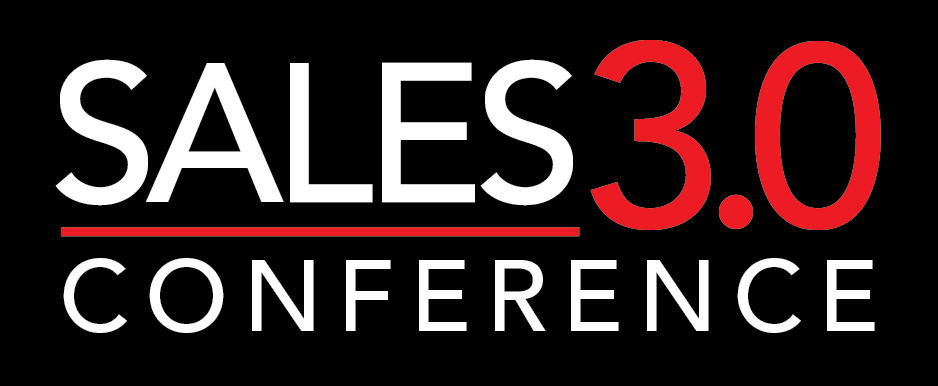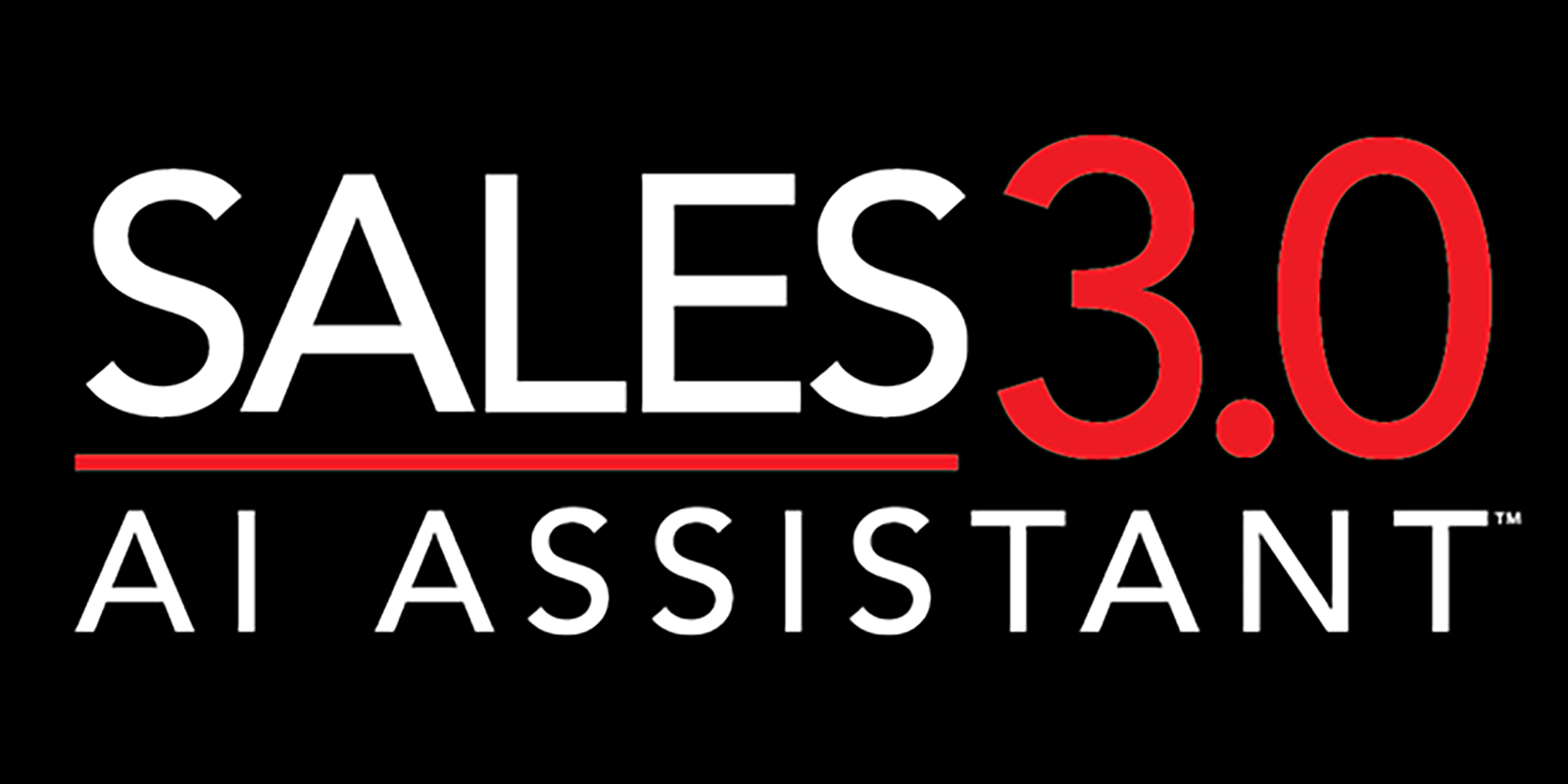In the multi-faceted world of B2B sales, the rapid proliferation of AI is continuing to weave a complex tapestry of opportunities laced with ethical quandaries. Much like the way Joan Didion astutely observed the unraveling of American culture in her seminal works, Slouching Towards Bethlehem and The White Album, one must approach AI with an acutely objective eye, wary of the facades it constructs and the biases it obscures.
The integration of AI into B2B sales isn’t just about increasing efficiency and effectiveness, although those are the overarching goals; it’s also about maintaining the delicate balance of trust. Trust, after all, provides the fuel that allows for the successful enhancement of B2B sales efficiency, and especially effectiveness. Once lost, however, trust becomes like a growing sinkhole that can not only quickly erase any gains achieved through AI but can actually turn that use into a lingering negative. Therefore, it becomes essential to use AI in a manner that is both fully transparent and accountable, both within your organization and with your client base. Your existing and potential customers deserve to know when they are interacting with AI algorithms and to understand the logic behind the algorithms. More than transparency, this simple but critical mantra will help solidify your position as a trusted leader in your industry space.
Data, the lifeblood of any AI tool, carries enormous amounts of information, and with it, the enormous responsibility of privacy and security. Your organization must collect data only with explicit consent, anonymized, and guarded to the fullest extent possible. Otherwise, you are failing the very clients and potential clients you are supposed to be serving.
“Bias” is another term heard constantly in the same breath as “AI,” but it should never be reduced to a buzzword, and the importance of guarding against bias can never be overstated. Just like “garbage in, garbage out,” with AI, it’s “bias in, even greater bias out,” because it can easily become unchecked and perpetuated at warp speed. In fact, it can become so quickly intertwined that the only solution may be to completely scrap the AI solution in question and start from scratch – and who has that kind of time in budget? Here it is essential that organizations practice a vigilant process of constant pre-audit, audit, and questioning from a diverse team of equals. By effectively challenging how you are building and implementing AI, you can help ensure you are helping and uplifting rather than marginalizing.
As has been so eloquently expressed in article after article in this publication, the human element must not be diminished in any way. AI is a tool for (not a replacement of) humans. The human element is required for successful use of AI at every level. The cold precision of AI – and that precision is by no means a given – is only of value to the extent that it is molded and guardedly utilized by humans. Sales teams, armed with AI insights, must still rely on their judgment and empathy, their ability to read between the lines, and their ability to detect and navigate the endless nuances of the sales process – something that AI cannot adequately provide.
How can organizations arrive at the ethical use of AI. It is certainly not a given, and it does not materialize from good intentions. A formal guiding policy or set of policies is essential. They should be well documented, comprehensive, yet easy to understand, internalize, and follow. Once complete, a regular audit and reevaluation process must be maintained to ensure that the use of AI remains aligned with the ethical standards set by the company.
As one of the critical, if not the most critical, client-facing components of the organization, the B2B sales team must be heavily involved in all aspects of the AI ethics development and implementation as a coordinated part of the larger AI development and organizational integration. This is the truest path to client growth, retention, satisfaction, trust, and ultimate revenue optimization.

Jeff Campbell is the Chief Operating Officer of Selling Power and AI Editor for Sales 3.0 Conference.




